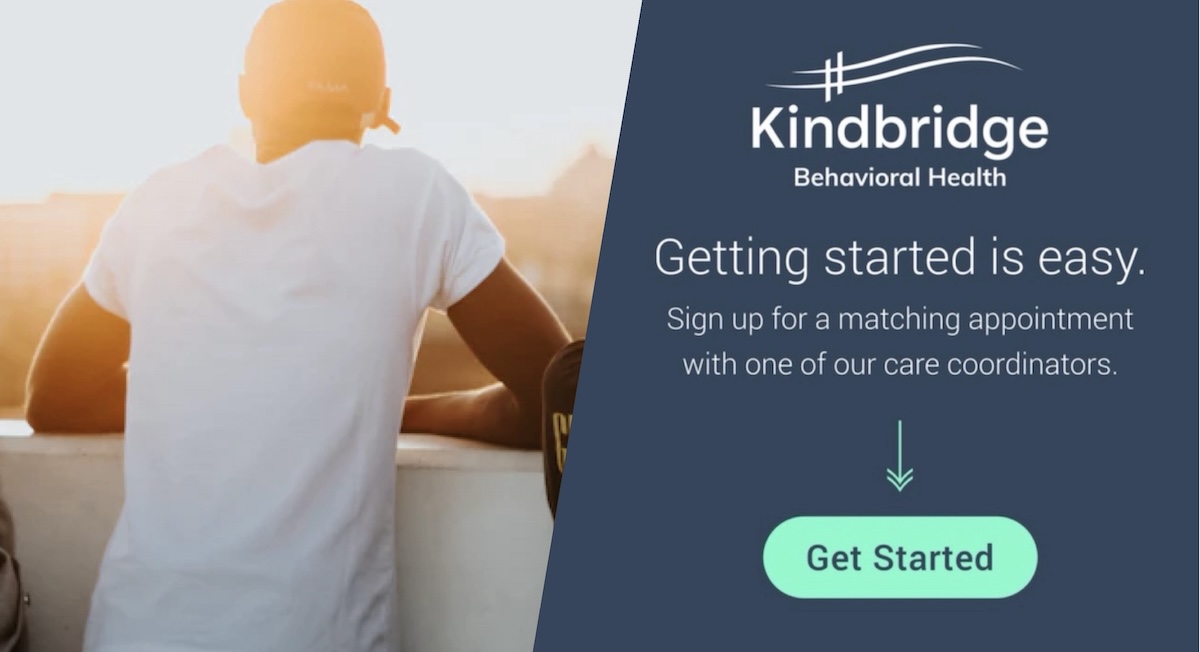Over two decades ago, approximately 30% of all high school students participated in gambling. This was before everyone of them had a smartphone, and more importantly, before the removal of the federal ban on sports betting in 2018. This digital transformation and the proliferation of sports betting can be credited for the fact that between 60-80% of high school students now gamble. This segment of the American population is more vulnerable than any. They don’t have the frontal lobe development to make calculated decisions regarding actions that may lead to negative consequences. This is spurred on by peer pressure. This pressure is occurring not just in on-premises settings (in the schoolyard, etc.) as recent research has found that social media communities are contributing to adolescent problem gambling behavior. For example, there are online youth groups for Roblox, which is a video game that incorporates gambling themes.
There is no arguing that casino gaming and sports betting has significant potential to cause serious harm to our nation’s youth. But parents, educators, and concerned citizens alike are wondering – what exactly are the effects of gambling on students? Let’s review.
9 Directly Destructive Outcomes That Gambling Has on the Lives of High School Students and What Needs to Be Done to Intervene
1. Failure in Academic Performance
In a recent study regarding gambling among adolescents, it was found that a below average academic performance was associated with gambling. This is highly concerning given academic pressures already contribute to the mental health challenges of high school students.
2. Loss of Interest in Extracurricular Activities
Another warning sign of problem gambling among students is a loss of interest in sports and other extracurricular activities. This can impact their ability to get into colleges and universities (and receive scholarships) and can also spill over into the other areas addressed below.
3. Loss of Social Connection
While social pressures may promote gambling behavior in students, habitual participation in the activity can circle back to have a negative effect on social relationships. It is known that social isolation is one of the effects of gambling on students. Not being able to maintain friendships will reverberate into their lives as they enter adulthood.
4. Loss of Family Connection
As students become fully immersed in gambling, the same loss of focus regarding interpersonal relationships is also felt at home. Youth disconnect with their siblings, parents, grandparents, and cousins. Compulsive gamblers no longer want to be involved in (or forget to attend) family functions because it takes away from their time casino gaming or sports betting.
5. Lying to Parents and Guardians
Compounding strained relationships with family members, is the tendency to lie to parents/guardians to cover up participation in an activity that is not only harmful, but illegal at their age. Moreover, young gamblers are subverting online gambling gatekeeping regarding age by using their parents credit cards and identifications (without consent) to set-up gambling accounts, which is a form of fraud.
6. Juvenile Delinquency
Lying and committing fraud at home quickly escalates into the outside world. Without full frontal lobe development to make better decisions, high school students who struggle with gambling may turn to theft and even extortion from other students to cover losses and fund gambling. This is extremely troubling given that research shows strong continuity in criminal offenses from adolescence to adulthood.
7. Increased Risk of Suicide
Suicidal thoughts have already been increasing among American youth, and when you add gambling as a threat to their mental health the concern grows even deeper. The American Psychiatric Association reports that people with gambling problems are at heightened risk of suicide.
8. Compromised Mental Health
Everything above is closely connected to compromised mental health. However, it’s important to delineate this effect of gambling in students because of all that it encompasses. Gambling leads to, or cooccurs with, student anxiety, depression, stress, and even ADHD along with eating disorders. This is simply too much to put on the plate of America’s youth.
9. Compromised Physical Health
The aforementioned loss of interest in youth sports and other related activities in addition to limited time with friends and family (which often involve physical activity) also lead to compromised physical health. View more on the physical consequences of gambling that can impact students.
What Needs to be Done
At School
Early intervention education about gambling must be introduced into curriculums, as early as Grade school. Furthermore, the same study (above) that investigated the relationship between below-average school performance and gambling also found that the association was less pronounced in schools with smaller classroom settings. Smaller classrooms keep students better engaged, and can also prevent in-class gambling by students on their smartphones given that teachers can keep an eye on them.
“Based on our findings, increasing the number of teachers per student could prove to be a valuable investment, especially for students at risk of engaging in gambling. This consideration should be taken into account by policymakers concerned with addressing adolescent gambling.”
Science Direct
At Home
Parents must also be involved in early intervention from an early age. Steps to mitigate the risk of student gambling include the following:
- Talk to kids about gambling advertising (view tips)
- Don’t ever gamble around them
- Remove gambling apps and block access on household devices
- Get them involved in sports and other healthy physical activities
- Limit and monitor the video-gaming (cooccurs with gambling disorder)
Overall
Without adequate federal interventions in place, parents and educators alike must learn to lean on external support from experts in the field of gambling disorder treatment. Kindbridge Behavioral Health is America’s preeminent resource for online counseling for problem gambling. Kindbridge has been working with young Americans at a collegiate level, and is responding to demand by expanding into high school environments in 2024 and beyond. Reach out via the contacts below to learn more about what Kindbridge can do to help your household, educational institution, or youth organization.
Concerned Students, Parents, and Educational Institutions
CALL +1 (877) 426-4258
OR


